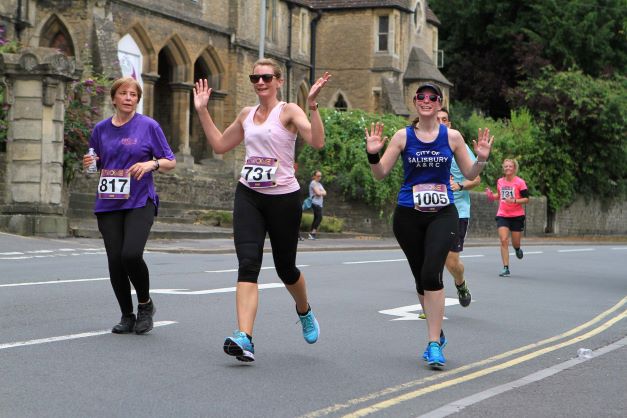AAT Events Limited trading as The Race Organiser Blog
A well fuelled race is vital if you want to perform well and achieve a PB. Use these expert tips to avoid the common mistakes and set yourself up for a successful race with no surprises and no emergency trips to the toilet.
Nutrition & Hydration: Expert Tips For Fuelling A Half Marathon
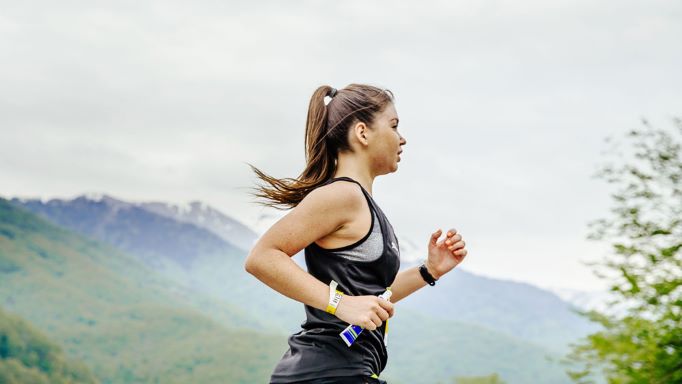
The Golden Rule
The golden rule of racing: never try anything new on race day. This means whatever gels or foods you're going to use to fuel yourself on race day, make sure you practice with them in training. This is because you never know how your stomach might react and you don't want any surprises or Paula Radcliffe moments on race day!
If you've used a particular brand of energy gel or sports drink in your training, there's no guarantee they'll have this at the aid stations of your race. If you know you have a strong stomach and can handle anything, feel free to rely on the aid stations provided. However, especially if you're a beginner, it's strongly advisable to bring your own gels and drinks and practice in training how you're going to carry them with you.
The Myth of Carb Loading
Eating a huge bowl of pasta the night before a race is a misunderstanding of what 'carb loading' means. Instead, you should gradually build up your carbohydrate intake in the days and weeks leading up to the race, rather than one big meal the night before.
A good target to aim for is to eat 2.3–5.5 grams per pound (5–12 grams per kg) of body weight per day in the week or 2 weeks leading up to race day. So if you weigh 154 pounds (70 kg), that would work out to 350–840 grams of carbs per day. This may seem like a scarily high amount, but remember, your body uses stored carbohydrates (glycogen) to fuel you on race day, so building up your stores in the days before is an important tactic to avoid 'hitting the wall' or 'bonking'.
Over Hydrating
It's important to hydrate for the weather you are in. Many people fall into the trap of training for a spring marathon over the winter, not needing as much hydration due to the cooler weather, and then ending up dehydrated on race day. However, the opposite can also happen.
If you apply your hot-weather hydration strategy on colder days, you will end up over-hydrated and may experience painful stomach cramps and need emergency trips to the toilet. You can tell if you're over-hydrated if your stomach is sloshing as you run. Make sure you keep your strategy flexible and modify how much you drink and how much sodium you take on for the weather you are in.
Categories
Recent Blog Posts
-
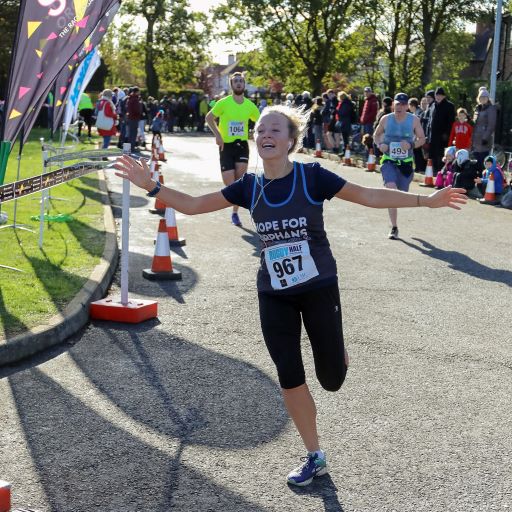
NEW EVENT ANNOUNCEMENT: UK'S FIRST BACKWARDS HALF MARATHON
31/03/2022, 08:58
-
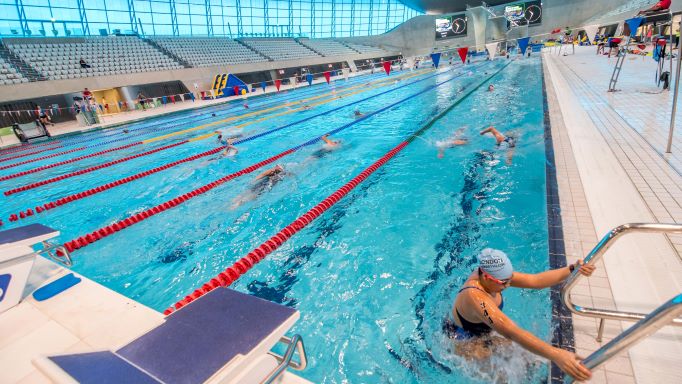
What Is An Aquathlon? Everything You Need To Know About Aquathlon In 2022
23/03/2022, 09:49
-
These Expert Tips Will Answer All Your Questions About Half Marathon Training
31/01/2022, 13:24
-
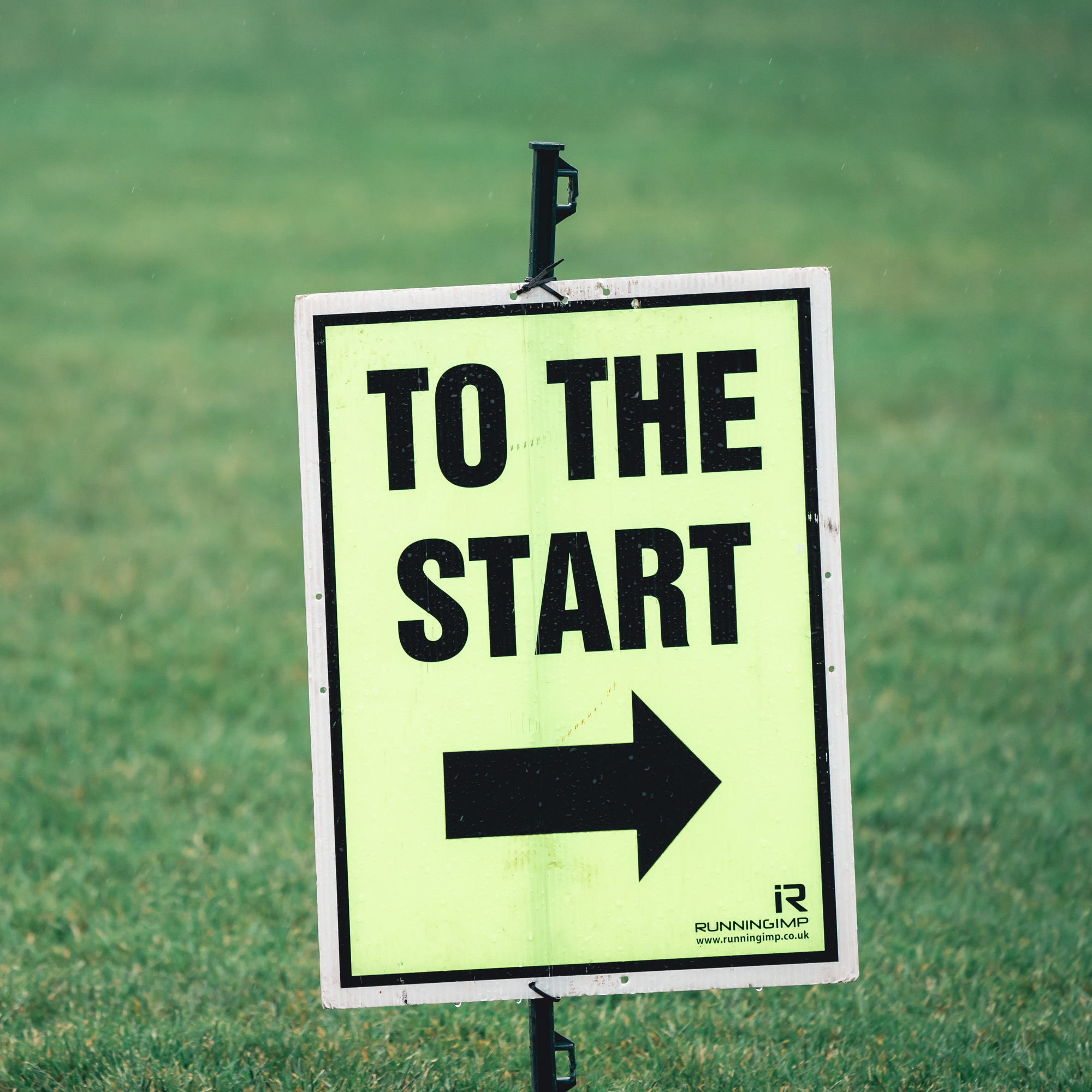
Everything You Need To Know About 'Where Am I?' Races And How They Can Improve Your Training
19/01/2022, 14:29
-
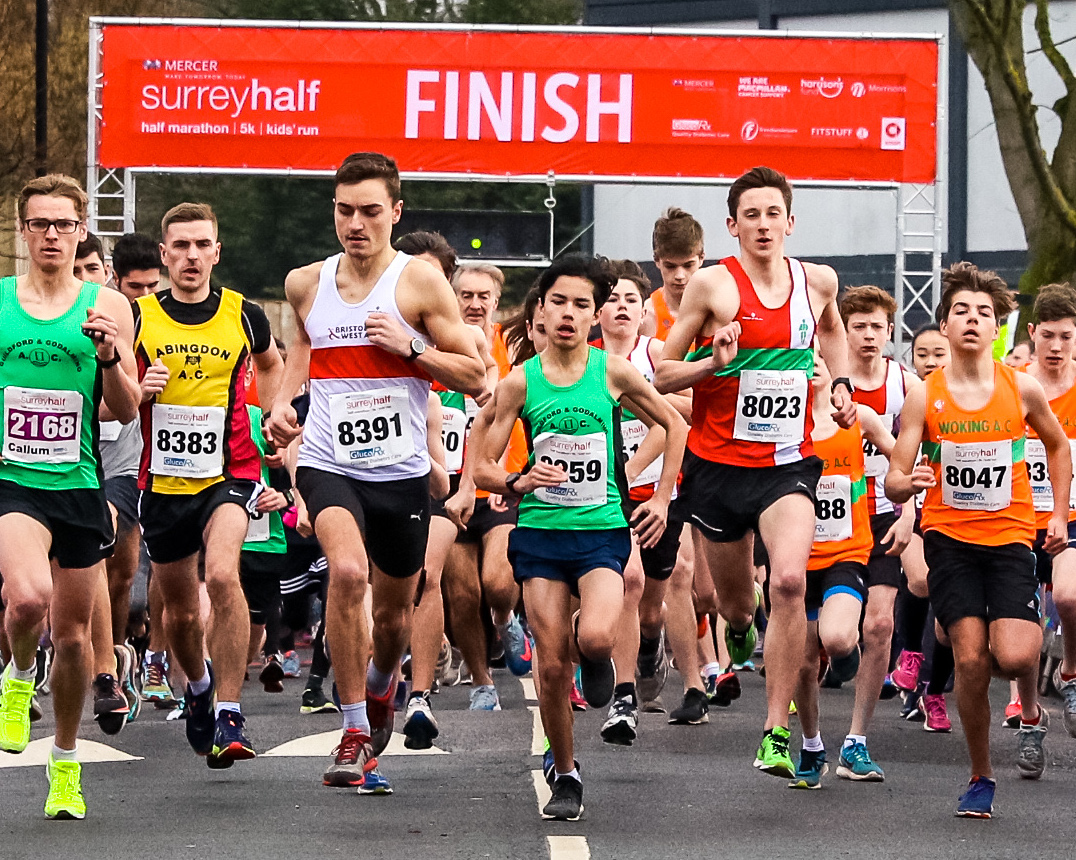
A brighter future for The Race Organiser group of events
30/11/2021, 10:22
